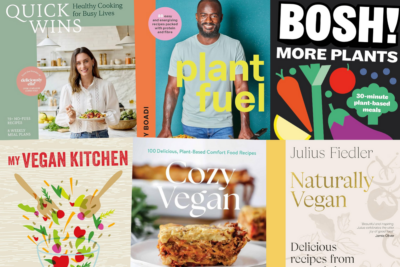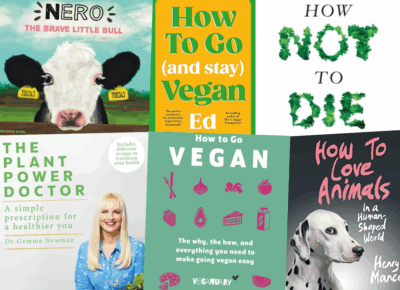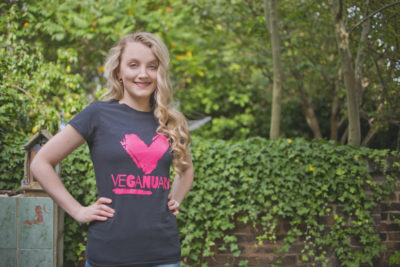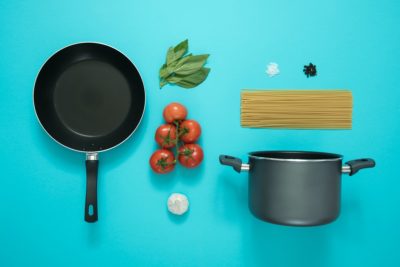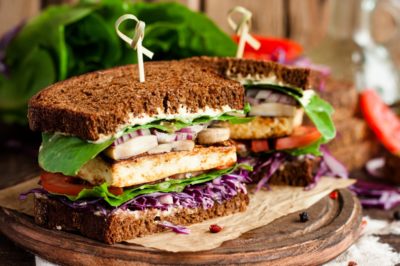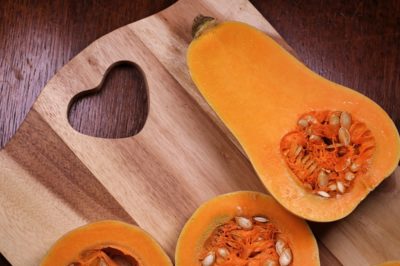What are the best vegan sources of vitamin B12 and how can we make sure we get enough? We explain below.
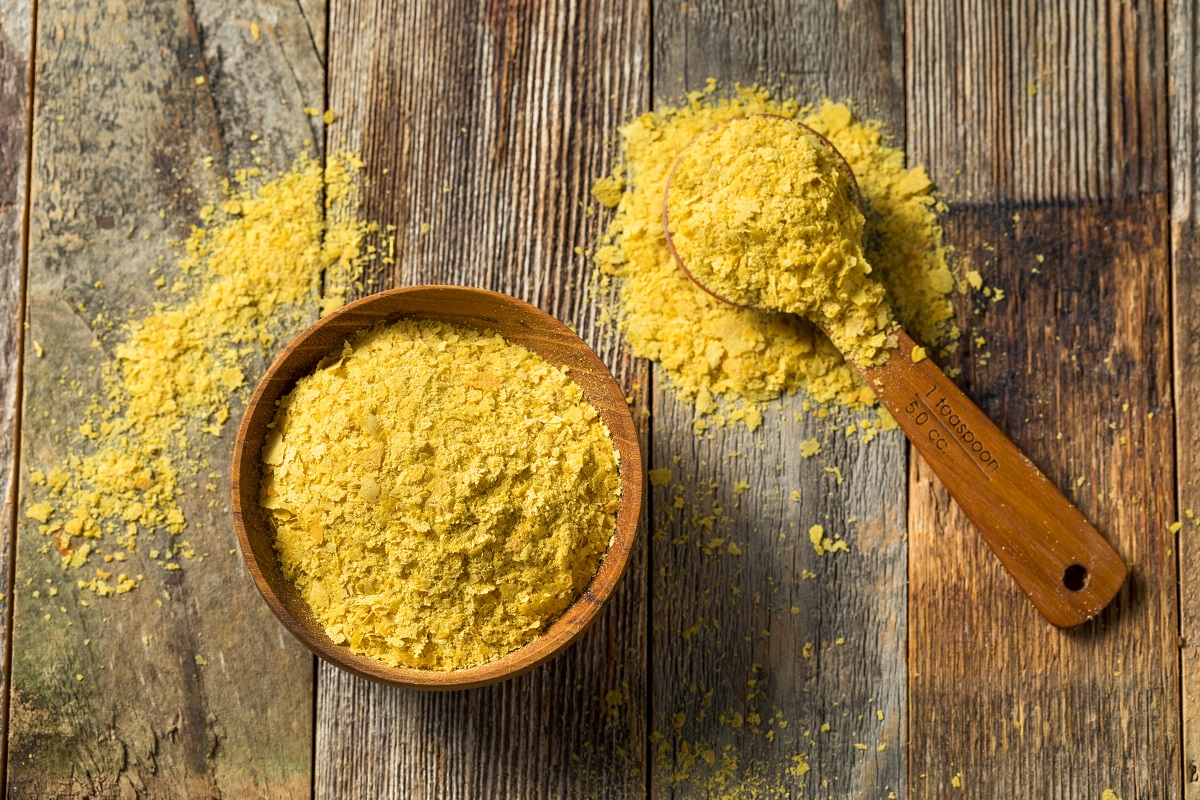
“How do you get vitamin B12 on a vegan diet?” This is probably the most commonly asked nutrition question around veganism, though it’s not as controversial as some people might think.
There are, however, some interesting twists and turns and understanding more about this little vitamin is essential for optimal health.
What is B12 For?
Vitamin B12 helps keep blood and nerve cells healthy, and helps make DNA. Not getting sufficient amounts can lead to anaemia, which can leave you feeling tired and weak.
Do Our Bodies Make It?
Yes. But we can’t use it.
Vegetarian animals have bacteria in their guts that make B12 for them, and this is also how we humans get our vitamin K.
In fact, the same bacteria that make our vitamin K also make B12, but there’s a fault in our wiring. These bacteria live in the large intestine, but we can only absorb B12 via the small intestine.
This means we make it after the opportunity to absorb it has passed.1 The ability to make B12 at all suggests we come from a long line of vegetarians, but that does nothing to help us modern humans get this vitamin today.
What Foods Contain B12?
It’s found in animal products, so when people eat vegetarian animals, they are eating the B12 made by the bacteria inside those animals.
Interestingly, farmed cows, sheep and goats don’t get B12 in their diets naturally and require supplements in order to synthesize B122, so the idea that omnivores don’t rely on supplements for B12 just isn’t true.
Thankfully, for those of us who don’t want to eat animal products, there are other options.
Vegan b12 sources
There are two options, and we would recommend both. The first is to eat foods that have been fortified with B12. This includes many of the available plant milks and yoghurts, yeast extracts and nutritional yeast.
Since many foods are fortified with additional vitamins, including bread and breakfast cereals, this is not unusual.
The second option – and we suggest everyone does this – is to take a daily supplement. There really is no need to go short of this vitamin, just because somewhere along the evolutionary trail we got our intestines mixed up!
How much B12 do we need?
That depends who you ask. In the US, the recommended daily amount is 2.4mcg per day, while in the UK it is 1.5mcg.
Can we store it?
We can. Our bodies can store B12 for 2-4 years3 but it’s best to keep those stores topped up.
What if I take plenty of B12 but am still deficient?
If you are low in B12, you may have a problem absorbing it, so regardless of how much you have in your diet, medical intervention may be required. This is true for everyone, vegan or not.
For more support with plant-based nutrition, check out Dr Greger’s Daily Dozen checklist.
References
(1) The Evolutionary Quirk That Made Vitamin B12 Part of Our Diet, Discover, Nathan H. Lents, 13 Aug 2018
(2) Cobalt deficiency in sheep and cattle, Department of Primary Industries, Government of West Australia, 3 Sept 2019
(3) Vitamin B12 or folate deficiency anaemia, NHS website, 23 May 2019

